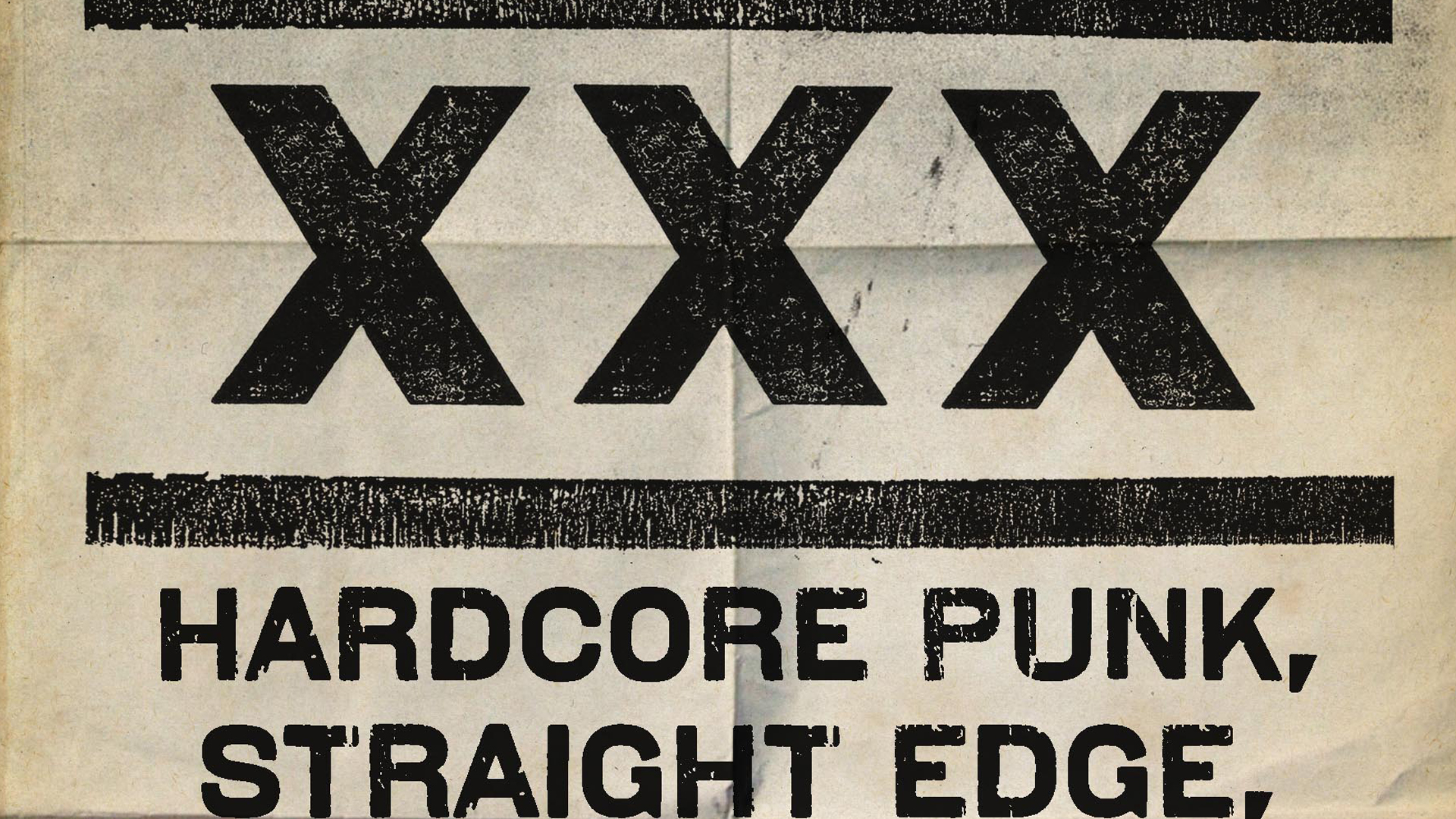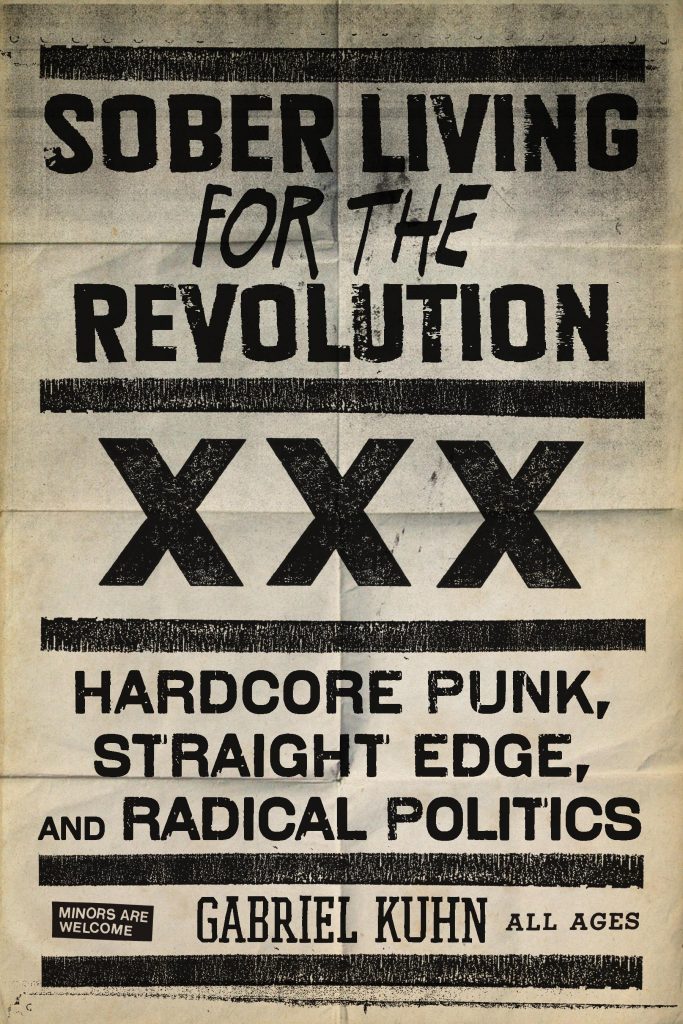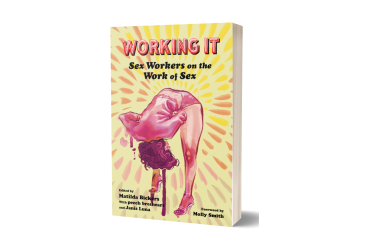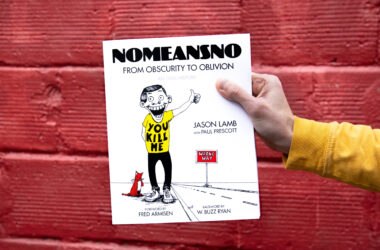Znet
July 19th, 2010
Can you tell ZNet, please, what Sober Living for the Revolution: Hardcore Punk, Straight Edge, and Radical Politics is about? What is it trying to communicate?
The book explores the crossroads of straight edge and radical politics. Straight edge is a hardcore punk subculture defined by drug-free living that emerged in the early 1980s in Washington, DC, and soon became a global phenomenon. In its thirty-year history it has taken on different forms and gone through a number of eras. Politically, it has often been associated with self-righteous moralism and conservative puritanism, but that’s far from the whole story.
Since it beginnings, many individuals, bands, and entire scenes have related straight edge to progressive and radical politics; partly because a “sober mind” was deemed the best foundation for effective political work, partly because the alcohol, nicotine, and drug industries were seen as tools used by the state and capital to exploit and pacify the people. The volume traces this history through a number of interviews, articles, and documents collected from four continents. It includes contributions by important figures of straight edge history like Ian MacKaye and Dennis Lyxzén, by legendary left-wing straight edge bands such as ManLiftingBanner from Holland and Point of No Return from Brazil, by activists from predominantly radical straight edge scenes like the ones in Sweden or Israel, and by radical activists with straight edge leanings like the CrimethInc. Ex-Workers Collective. The book also contains groundbreaking analyses of the relations between straight edge and queer/feminist culture – something I’m quite proud of.
In short, the book tries to communicate that drug-free
living is not the exclusive domain of conservative fools, but a lively
and active part of a radical political underground.
Can you tell ZNet something about writing the book? Where does the content come from? What went into making the book what it is?
I worked on this book as an editor. I compiled it, did the interviews, edited the contributions, put it all in order, and wrote the introduction. I have had the idea for the book for a long time, I just never thought I’d find a publisher for it. Luckily, the folks at PM were willing to give it a chance, and things went from there.
It’s a book that really means a lot to me personally. I’ve been both straight edge and active in radical circles since I was sixteen, and very often – in all sorts of contexts – this has been met with bewilderment and the suggestion that this somehow posed a contradiction. Furthermore, I was very disappointed with some of the political ways that straight edge took, particularly when certain sections of the so-called hardline movement in the 1990s turned outright homophobic or condemned abortion. So I’m really happy that I was able to do a book presenting the straight edge community that I always identified with: politically conscious and aware, passionate and principled, but neither judgmental nor one-dimensional.
What made the book what it is?
Not
to sound corny, but certainly the contributors. Working on the book
was really a collective endeavor and an enormous pleasure. The process
reminded me of how caring and supportive the international hardcore
community still is. It was an extremely uplifting and encouraging
experience.
What are your hopes for the book? What do you hope it will contribute or achieve politically? Given the effort and aspirations you have for the book, what will you deem to be a success? What would leave you happy about the whole undertaking? What would leave you wondering if it was worth all the time and effort?
Well, of course I hope that as many folks as possible will read these texts. Whether they will then all become straight edge or not is hardly the issue. I would hope that the readers understand that there are progressive and radical elements in the straight edge movement, and that many people are living drug-free because of strong convictions and not because it is a fad or a code of conduct promising false moral superiority. Beyond this, I hope that the book can raise awareness about the political implications of alcohol, nicotine, and illegalized drug use. Again, the exact personal choices that readers will draw don’t matter much, I’d just like them to be conscious and responsible choices. Living straight edge is one option, but there are many others.
So, if I get a feeling that the book increases knowledge about progressive and radical straight edge circles and instigates discussion about the drug industry, then I’d deem it a success in a wider sense. Yet, I’d never question the time and the effort that went into it because it was all so much fun and got me in touch with so many wonderful people.







